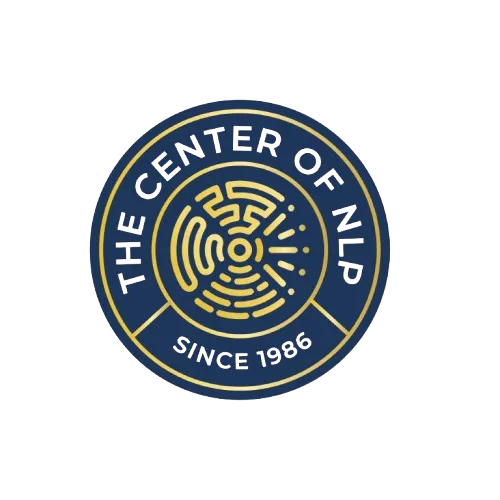
The Science behind NLP: Understanding the Neuro-Linguistic Programming
1. Introduction
Neuro-Linguistic Programming (NLP) has gained significant popularity in recent years as a powerful tool for personal development, effective communication, and success in various life aspects. This article aims to provide a comprehensive understanding of the neurological foundations of NLP and shed light on the science behind its techniques.
2. What is Neuro-Linguistic Programming (NLP)?
Neuro-Linguistic Programming, commonly known as NLP, is an approach that explores the connection between neurological processes, language, and behavioral patterns learned through experience. It encompasses a set of techniques and strategies that enable individuals to understand and reshape their thoughts, emotions, and behaviors to achieve desired outcomes.
3. The History of NLP
4. How NLP Works
5. The Neurological Foundations of NLP
Master Flexible Communication Strategies with Proven NLP Techniques —Navigate Conversations with Confidence!
6. NLP Techniques for Personal Development
7. NLP Techniques for Effective Communication
8. NLP Techniques for Overcoming Limiting Beliefs
9. NLP Techniques for Emotional Intelligence
10. NLP in Business and Leadership
NLP has proven to be highly valuable in the business and leadership domains. It offers techniques for enhancing leadership skills, influencing others, and developing effective strategies for problem-solving and decision-making. NLP can also improve sales and negotiation skills, enabling professionals to achieve greater success in their careers.
11. The Benefits of NLP
12. Common Misconceptions about NLP
Several misconceptions surround NLP, including claims of it being manipulative or pseudoscientific. However, it is essential to note that NLP is a tool for personal growth and does not involve manipulation. It is grounded in scientific principles and continues to evolve through ongoing research.
13. Ethical Considerations in NLP
As with any field, ethical considerations are crucial in thepractice ofNLP.Practitioners must adhere to ethicalguidelines,maintainclientconfidentiality, and ensure that interventions are conducted responsibly and with the client's best interests in mind.
14. Future Trends in NLP
Thefield of NLPis constantly evolving, with ongoing research and advancements. Future trends include the integration of NLP with emerging technologies such as artificial intelligence and virtualreality,openingupnewpossibilities for personal development and therapeutic interventions.
15. Conclusion
Neuro-Linguistic Programming (NLP) offers valuable tools and techniques for personal and professional development. By understanding the neurological foundations of NLP and harnessing its techniques, individuals can unlock their potential, improve communication skills, and succeed in various aspects of life.
For inquiries and further information, kindly reach out via email to[email protected]
FAQs
1. Is NLP suitable for everyone?
2. Can NLP be used for therapy purposes?
NLP techniques can be applied in therapeutic settings to help individuals overcome challenges, change limiting beliefs, and improve their overall well-being.
3. Are the effects of NLP long-lasting?
When practiced consistently and integrated into one's life, the effects of NLP can be long-lasting. However, individual commitment and ongoing practice are essential for sustained results.
4. Is NLP scientifically supported?
5. How can I learn NLP techniques?
There are variousNLP training programsand resources available that offer comprehensive education and certification in NLP techniques. It is recommended to seek training from reputable and qualified practitioners.
Check Out For more:

